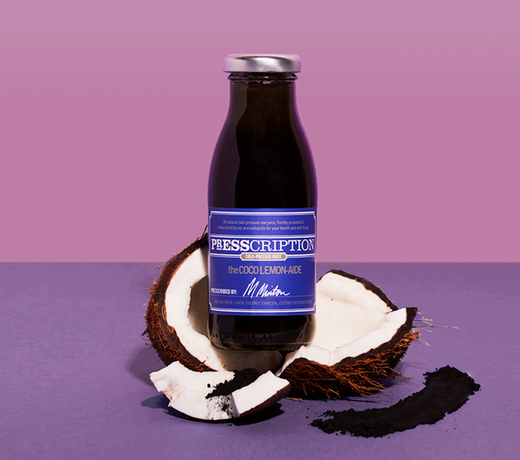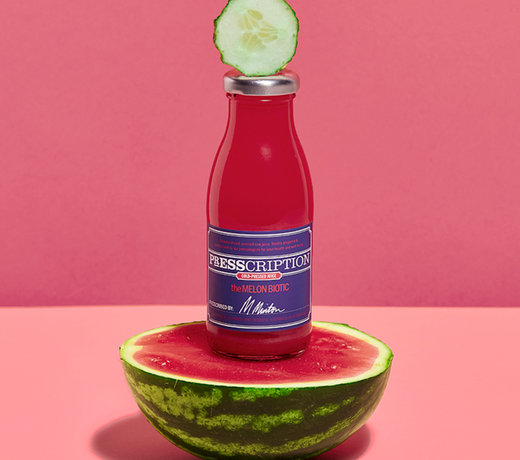In a calorie deficit but not losing weight?
You might have heard it at the gym from your PT, or in the media, or from your favourite fitness influencer on Instagram; that the way to lose weight is to be in a calorie deficit. Calories in vs calories out right? Surely that’s got to work. But all too often I hear of people putting themselves through these gruelling calorie restricted diets for months and months, but with no successful weight loss. Is it even worth it? Let’s discuss.
A calorie is a unit of energy, and is equivalent to the amount of energy needed to raise the temperature of 1 gram of water by 1 degree centigrade. So actually, given that we need energy to survive and power every cellular process in the body, it’s obvious to see that calories aren’t the devil. Fat contains the most calories per gram of food hence why pastries and cakes are what we typically associate with a ‘bad’ food as they are densely caloric and relatively nutrient poor at the same time.
So when we focus on calories and macros we miss out on the micro nutrients. Macronutrients are carbs, fats and proteins and micronutrients are things like vitamins, minerals and trace elements, and we know that we need these to maintain good health, get enough diversity into our diets and not become deficient in anything. We also need the micronutrients as co-factors that power enzymatic reactions that happen all over the body, things like detoxification and digestion require a net input of nutrients to function optimally - hence a broad and diverse diet is key for longterm health.

The Weight Loss Cleanse
"It was definitely an UP for the juices. Just unpacking them left me motivated - I like that step by step plan so having numbered juices for the day really helped me. Life can still be busy so I set an alarm for each juice to remind me, so they were well spaced. Absolutely adored the milk at the end of the day! And it was a DOWN for the weight ... including the 3 prep days - i have lost a total of 6lbs and most importantly feel re-energised and raring to go. For me this was just a kickstart to something I should have started ages ago ... but this 3rd lockdown seemed like the right opportunity. 100% recommend - it's not cheap ... but if you are going to do it .... do it well!"
Hilary M, The Weight Loss Cleanse
Abundance, variety, colour
Binge and repeat
Lastly, fat and protein are the most satiating foods - they make us feel full and less likely to snack or binge. Low cal diet plans will typically avoid the densely fatty foods (that are actually really good for you) in favour of processed, lower calorie options (fat free yoghurt vs. normal full-fat yoghurt for example) leaving you feeling hungry, unsatisfied and much more likely to binge on something later on because your blood sugar has got so low to the point of being hangry.
Thus begins a cycle of slipping off the wagon and punishing ourselves for it with still lower calorie meals.
So whilst fad diets might lead to fast and dramatic weight loss in the short term, they're often unsustainable in the long term. Instead, it's healthier to make small, healthy changes to the way you eat to create positive, long-lasting habits. More variety, abundance and colour, more sources of good fats like oily fish, less sugar, less processed carbohydrates, it’s actually really simple, but it’s not as simple as calories in vs. calories out!
@gracekingswell
 Why Presscription?
Why Presscription? Why Cleanse?
Why Cleanse? Cleansing Tips
Cleansing Tips What's Pressing?
What's Pressing?


